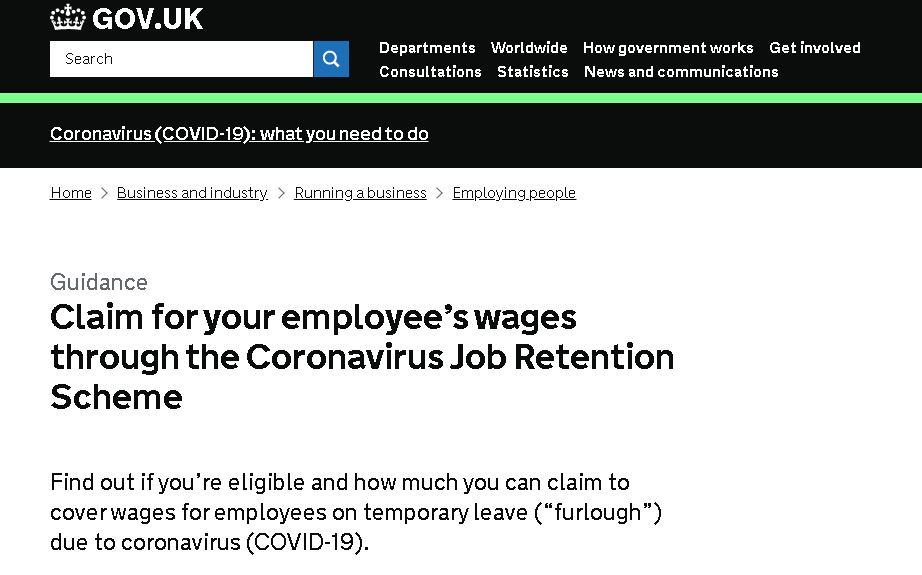By Michael Nadin - Associate Solicitor The Coronavirus Job Retention Scheme (CJRS) was originally due…
Indirect Discrimination – Supreme Court Lays Down the Law
PLEASE NOTE: Information in this article is correct at the time of publication, please contact DFA Law for current advice on older articles.
The Supreme Court has urged employers to modify provisions, criteria or practices (PCPs) that disadvantage protected minority groups – even if no reason can be discerned for their discriminatory impact. The Court made its comments in ruling upon indirect discrimination claims brought by a group of Home Office workers.
The Home Office required its employees to pass a core skills assessment (CSA) as a prerequisite to promotion to higher civil service grades. There was no dispute that black and minority ethnic (BME) candidates, and older candidates, had lower pass rates than white and younger employees who sat the CSA. However, no one had been able to identify why that was the case.
A group of 49 workers launched proceedings, claiming that the requirement to pass the CSA constituted indirect discrimination on grounds of race or age. However, an employment judge, and subsequently the Court of Appeal, dismissed their claims on the basis that Section 19(2)(b) of the Equality Act 2010 required them to prove the reason for the lower pass rate.
In unanimously allowing the workers’ appeal, the Supreme Court found that there had never been any express requirement for an explanation as to why a particular PCP puts one group at a disadvantage when compared with others. It was not necessary to establish that the reason for the disadvantage was itself unlawful, or within the control of the employer.
Reliance on statistical evidence is commonplace in indirect discrimination cases and there is no requirement to show that all members of a protected group have been put at a disadvantage. It was irrelevant that some BME or older candidates could pass the CSA. What mattered was that members of those groups failed it disproportionately.
It remains open to an employer to show that a PCP is justified, despite having an apparently discriminatory effect, but the Court noted that a wise employer will seek to modify such PCPs in order to avoid the necessity of explaining disparate effects. In this case, a candidate who failed to turn up for or finish the CSA would be unable to establish that he or she had suffered any harm and, in those circumstances, the case was returned to the Employment Tribunal for consideration of the individual cases in the light of the Court’s ruling.



